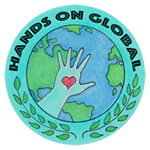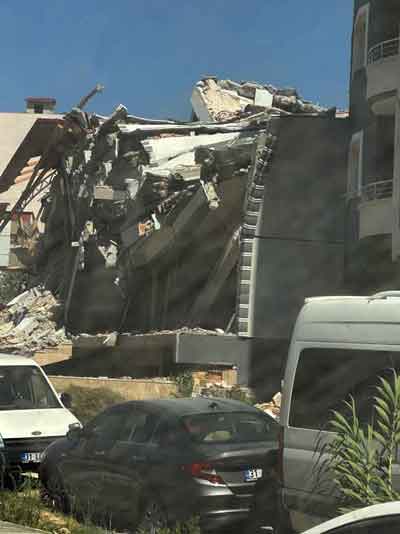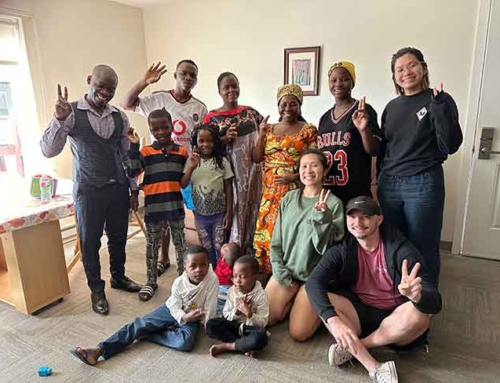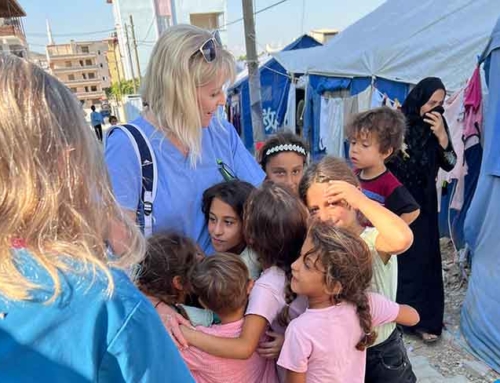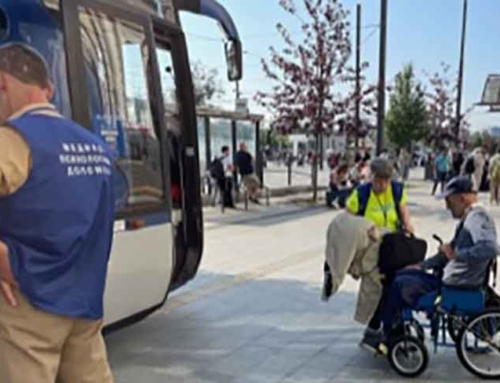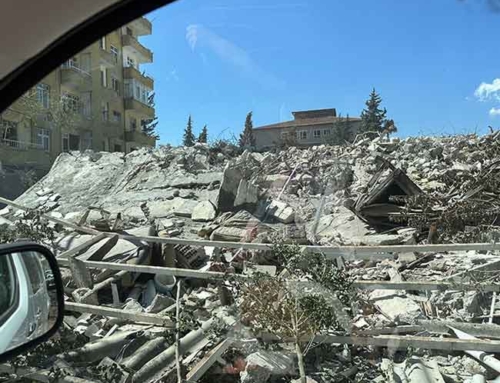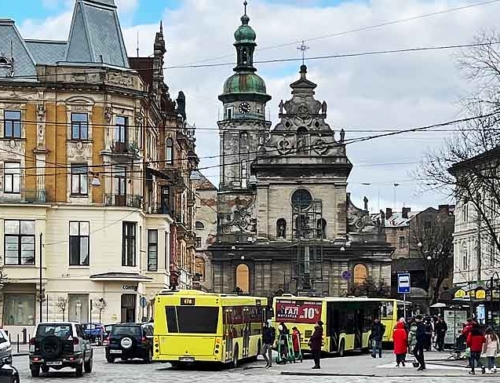The immensity of the tasks to recovery will take years and are overwhelming.
We started in another Syrian camp where there is a lot of healthcare needs and the police came and told us to leave. We still seem to not have permission to help the neediest – which are the Syrian refugees. We packed up and went back to the base. We then connected with the town mayor who welcomed us to work at a Turkish camp. In two days we treated over 175 people. There is a need but these folks are in far better shape than the Syrians. It is really upsetting to see this blatant disparity of services. But, we know this as the plight of refugees who have told us for many years that they are invisible.
Most Turkish people are still living in tents or iso boxes, some able to go briefly into a damaged house to use a shower and get out quickly. Again, there is tremendous damage everywhere and even the few buildings that look okay from one angle have huge cracks and sagging. And once again we heard a body was found yesterday.
We heard some hard stories. One woman, with infected wounds on her legs, had been under the rubble for four days before being rescued. Her immediate family survived but she lost other relatives. Everyone has had losses. People cry, need hugs and handholding as they try and find a way forward. It has been seven months.
The health issues seem to be related to the toxic dust. Many people have respiratory issues and are using asthma medications. We wonder what a lung X-ray would look like and what and if there is permanent lung damage. Also, so many skin issues again from sweat and toxic dust. We are not sure but there are so many rashes here as well. Some are scabies, rampant in tent living. These rashes cause intense itching, welts and some get infected from scratching. Miserable nighttime itching in the sweltering tents and boxes.
All the hospitals in Hatay were damaged and the main hospital a total collapse. To date, seven months later, one hospital has just reopened. People are still in need of all medical care. A similarity of all these disasters, Türkiye, Morocco, Libya, Maui, fires in our countries is that we read about this for a week or two, it pulls our heart strings, we send immediate aide and then soon enough we are on to the next thing. What we often don’t understand is the aftermath is YEARS and YEARS of recovery with tremendous needs for support in all sectors. Not just rebuilding of infrastructure and homes but healthcare facilities, schools, office, government buildings. Here most children have not returned to school. The schools have collapsed or are damaged. Many people have lost places of business and lost jobs so no money for food, clothing and medication.
There is the physical healing of wounds; the diseases that come from toxic dust which create lifelong debilitating health issues, the health results of no access to your diabetes medication or cardiac meds because the pharmacies were destroyed and the supply chain broken. Then there is the process of putting your life back together with no resources. And PTSD – which is still a current traumatic stress. The immensity of the tasks to recovery will take years and are overwhelming.
Here at our humanitarian aide base there is still a food distribution program; nightly meals for 1500 people living nearby in tents. Bread is handed out on the streets by volunteers, kids come here for games and art led by another volunteer group. A few intense soccer games in the courtyard have resulted in several scraped knees. These programs bring relief and smiles. The people who come for food always hug us and greet us with a “thank you”. This humanitarian base is a lifeline.
Valerie Hellermann
Reflections from the Hands on Global team in the Middle East.
